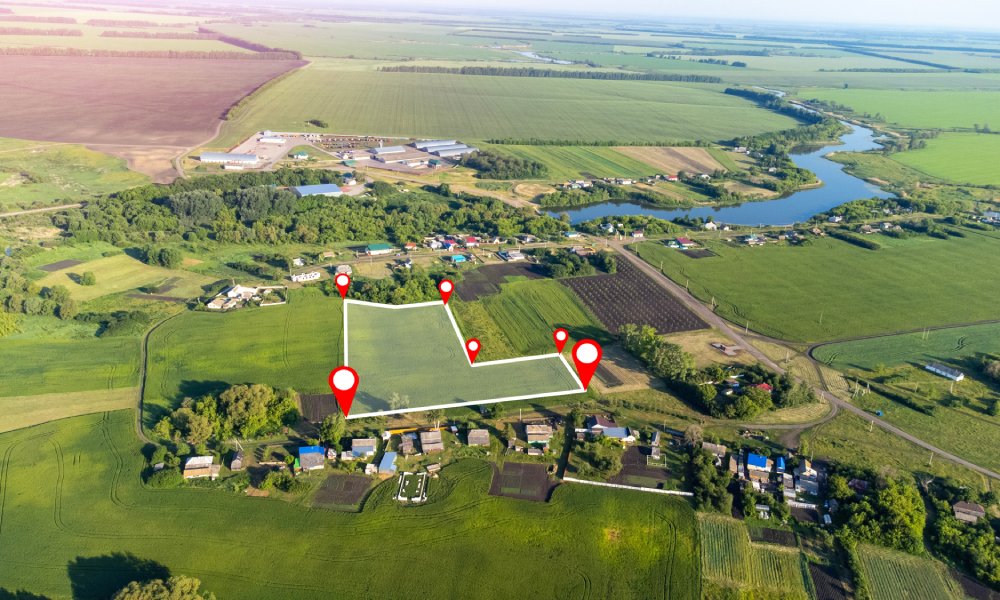
Land investment is one of the most reliable and rewarding ways to grow wealth, offering stability and long-term profitability when approached strategically. Unlike volatile financial markets, land provides a finite resource with enduring value, making it a favored choice for seasoned investors and newcomers.
Whether planning to develop raw land, lease it for agricultural use, or hold it for its appreciation potential, understanding key market trends and location-specific factors is vital for success. With these tips to expand your portfolio with land investments, you will gather the right preparation and knowledge to secure your financial independence.
Research the Market Thoroughly
Before making any land investment, you must study the market to make the right decision. Understand regional trends, zoning regulations, property value trajectories, and the economic outlook of the area you want to target.
Thorough research ensures you can project the long-term worth of the land and avoid surprise pitfalls such as changes in zoning laws or a decline in interest for the area. Partnering with local real estate experts or developers can provide insight into neighborhoods or regions that show promising growth potential.
Be Clear About Your Purpose
Not all land investments serve the same goals, so defining your purpose is an essential first step. Are you looking for land to develop, lease, or simply hold for appreciation? Understanding this purpose will guide your purchasing decisions.
Buying agricultural land differs significantly from purchasing a plot in developing urban areas. Clarity in purpose enables you to tailor your search criteria, evaluate prospective properties accurately, and differentiate between short-term and long-term opportunities.
Assess the Infrastructure and Location
The location and surrounding infrastructure determine the land’s value. Proximity to essential services such as roads, schools, hospitals, and utilities makes land more attractive to buyers and developers.
Evaluating the land’s soil quality, drainage system, and elevation ensures it meets your development goals. Do not overlook environmental considerations either; an area prone to flooding or other natural hazards may yield unexpected expenses down the line.
Perform Due Diligence Before Purchase
One of the most critical aspects of venturing into land investment is performing due diligence. This step involves verifying property ownership, checking for any liens attached to the land, and confirming zoning allowances align with your intended use.
There are also some common mistakes to avoid when buying land. Investing without proper due diligence can turn what appears to be a promising opportunity into a costly mistake.
Begin with Smaller Investments
For first-time land investors, starting small could be a safer path to building confidence and expertise. Purchasing smaller, affordable plots allows you to gain exposure to the intricacies of land investment while minimizing risks.
Once you feel ready with hands-on experience, you can gradually expand your land investment portfolio to include larger or more ambitious projects. This calculated growth prevents overwhelming financial strains and reduces the likelihood of simple errors.
Land investments can be an exciting and lucrative opportunity to diversify your portfolio while safeguarding wealth. With a methodical approach rooted in research, clarity of purpose, and due diligence, you can maximize your returns and make informed choices.
